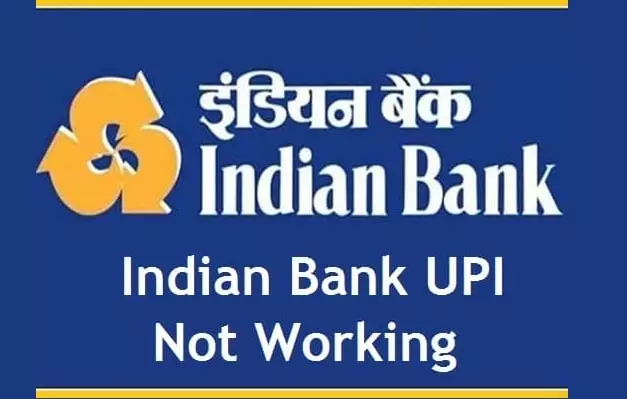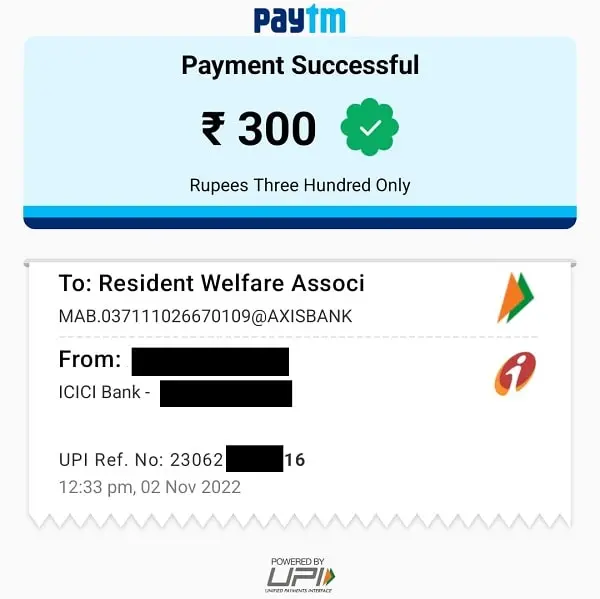Bank accounts are necessary these days and help you manage your funds efficiently. If you wish to apply for any government scheme, you will get the benefits only if you have a bank account. The Indian government has opted for a Direct Benefit Transfer mechanism to plug in the hole in subsidy leakage. As a part of this plan, the subsidy is directly transferred to the beneficiary account. You might already know what a bank account is but do you know you can also open a joint account in a bank? Today, we will share more information about the joint bank account along with its advantages & disadvantages. Check out the details below.
What is a Joint Bank Account?
A joint bank account is a savings bank account that is opened for two or more individuals. In most cases, the joint account is opened by close relatives like father-son, husband-wife, mother-son or any similar combination. The money can be saved together, which is often beneficial when trying to reach your financial goal. In the case of a joint bank account, you can save together in a single account and combine funds for your dreams. There are different types of joint bank accounts, and you can choose the type when opening an account. To begin with, let us start with the advantages and disadvantages of the joint bank account, and you can scroll down to check them out now.
Advantages of Joint Bank Account
In this section, we have covered all the advantages of a joint bank account.
- Convenience of Use – Joint bank account makes it easy for everyone to use the banking services. You have your funds in a single account, and you don’t have to worry about transferring funds from one account to another. All the accesses are available to both users. Both users can even get a debit card for the joint account and use it as per their needs.
- Reduced Dependency – With the joint bank account, you don’t have to depend on your partner to get funds. Without your partner, you can still withdraw funds or carry out any banking transaction. Even if you need a cheque, you can sign it yourself without needing the person with whom you have a joint bank account.
- Better Prepared for Emergency – As mentioned earlier, you can operate a joint bank account even when the second party is not around. This also helps you prepare for an emergency in a better way. In case of trouble, you will still have access to funds to meet the expenses. For example, if your partner is hospitalized and in a critical state, you can still withdraw funds from the account to pay bills or for any other purpose.
- Easy to Open – Opening a joint bank account is also very easy. You need the Aadhaar card of two or more account holders and other ID proof. There is no document required to prove the relationship. With this, the account will open for you, and it usually takes just a single day for the banks to open the account.
- Transparency – When you have a joint bank account, you have much more transparency with your partner. You both can monitor the expenses together, and you both can make the expenses together. This way, you may avoid spending on things you don’t need.
- Easy Access to Locker – People often need a locker to keep their precious belongings safe. In the case of a joint bank account, you can still get a locker with the bank, and you can get this locker under a joint name. What this means is that both of you can access the contents of the locker even when the first person is not available.
Disadvantages of Joint Bank Account
Let us now check out the disadvantages of joint bank account.
- Trust Factor Needed – With the joint bank account, you need a lot of trust factors. Your partner has access to all the funds, and you need to ensure that your partner is not spending on things you don’t need. If you don’t trust the person with whom you are opening the joint bank account, it is better to avoid opening the account altogether.
- Less Control – The control over the joint bank account is diluted. You and your partner have access to the account, and anyone can take financial decisions on behalf of each other. Some people may not like this dilution of control, so you need to reconsider your decision to have a joint bank account in such a case.
- Lack of Privacy – While we mentioned that a joint bank account promotes higher transparency, at the same time, it also compromises your privacy. Your partner will now be able to see all your transactions in real-time. So, if you think financial privacy is essential, please avoid opening a joint bank account.
- Termination of Relationship – A bigger question arises when the relationship with your partner is terminated. In such a case, how do you divide the funds and settle the dues associated with the joint bank account? There have been many civil disputes around it, and you must ensure you have a way out if you encounter such situations.
Which Type of Joint Bank Account Should I Open?
One of the most popular types of joint bank accounts is either or survivor. Here, any of the two individuals can operate the bank account without needing the second party. This bank account is especially helpful in ensuring you don’t lose access to funds. Either or Survivor is available for only two people. In addition, if you need to have a bank account with more than two individuals, then you can open anyone or survivor joint bank account. Another popular mode of operation for the joint bank account is jointly or survivor. Here, if both the account holders are alive, then both of them are needed for the transaction. However, in the death of one account holder, a single person can operate the joint bank account.
Final Verdict
This was all about the joint bank account. We hope the last section has given you insights about what type of joint bank account you can open. This will help you ensure that you have access to funds and can work together to achieve your goals.
Joint Bank Account FAQs
Q: Can two people open a joint bank account in India?
Ans: Yes, two or more individuals can open a joint bank account in India. It is a common practice for family members, spouses, business partners, or any other individuals to open joint accounts.
Q: What are the types of joint bank accounts available in India?
Ans: In India, joint bank accounts can be opened as either “Jointly” or “Either or Survivor” accounts. In a Jointly operated account, all account holders must provide their consent for any transactions or changes to the account. In an Either or Survivor account, any one account holder can operate the account independently, and in the event of the death of one account holder, the survivor can continue to use the account.
Q: What documents are required to open a joint bank account in India?
Ans: The required documents may vary slightly from one bank to another, but generally, the following documents are needed:
- Duly filled account opening form
- Identity proof (such as Aadhaar card, passport, voter ID, etc.) for all account holders
- Address proof (such as Aadhaar card, passport, utility bills, etc.) for all account holders
- Passport-size photographs of all account holders
- PAN card (Permanent Account Number) for all account holders
Q: Can a joint bank account be opened with individuals who are not related?
Ans: Yes, a joint bank account can be opened with individuals who are not related. Banks usually allow any two or more individuals to open a joint account, regardless of their relationship.
Q: Can a joint bank account be converted to a single account or vice versa?
Ans: Yes, it is usually possible to convert a joint bank account to a single account or vice versa. The process may vary depending on the bank’s policies, and it is advisable to contact the bank directly to understand the specific procedure and requirements for such conversions.
Q: What happens to a joint bank account in the event of the death of one account holder?
Ans: In an “Either or Survivor” joint bank account, the surviving account holder(s) can continue to operate the account without any interruption. However, in a “Jointly” operated account, the account may be frozen temporarily upon the death of one account holder. The remaining account holder(s) will need to provide necessary documents, such as a death certificate, and follow the bank’s procedure to transfer the account in the name of the survivor(s) or close the account.
Q: Can joint account holders have different nominee(s)?
Ans: Yes, joint account holders can have different nominees. Each account holder can nominate a different individual as their nominee for the joint account. In case of the death of any account holder, the nominee(s) will have a claim to that individual’s share in the account.
Q: Are joint bank accounts taxable in India?
Ans: Joint bank accounts in India are generally not separately taxed. The income earned from a joint account is divided among the account holders based on their share in the account, and it is added to their individual income for tax purposes. Each account holder is responsible for reporting their share of the income and paying taxes accordingly.















